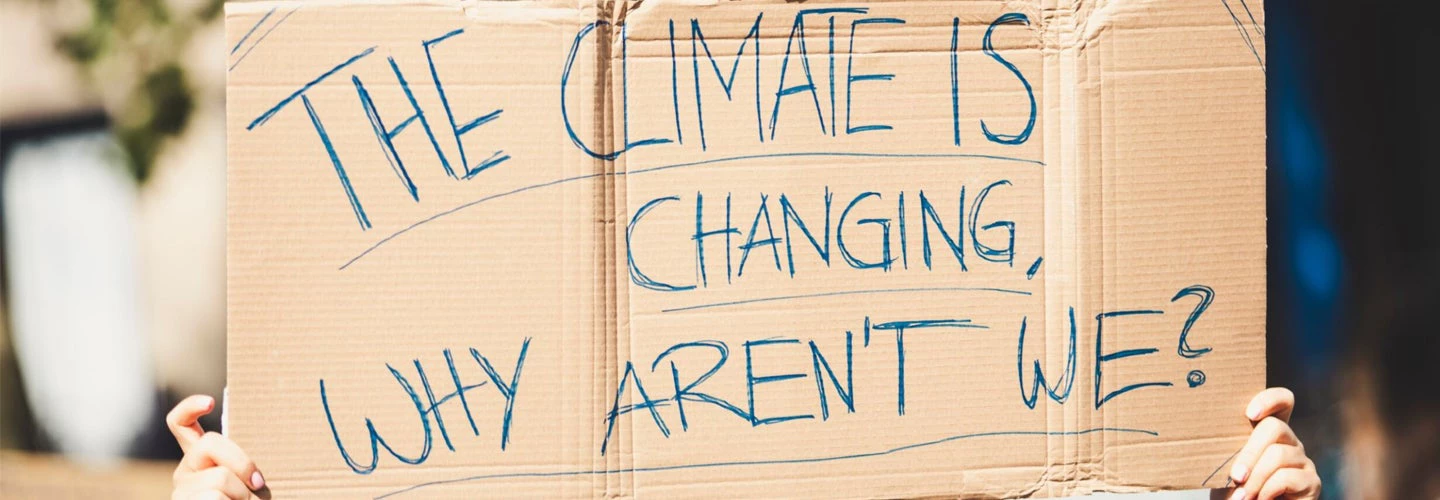 Photo: Markus Spiske/Unsplash
Photo: Markus Spiske/Unsplash
Political economy can be a sensitive topic. At an individual level, why people do what they do and think what they think is inherently personal, private even. But collectively, people’s thoughts, feelings and behaviors shape current and future events.
It is tempting to avoid analyzing or addressing the political economy for fear of creating unnecessary controversy. But for climate policy makers, this stance will not hold, as shown by the successes and failures of the past decade.
The world has united around the Paris Agreement on climate change, committing to hold global temperature rise to less than 2oC above pre-industrial levels, and pursue efforts to limit it to 1.5oC. More than 70 countries, representing 76% of global emissions, have pledged to reach net zero emissions. Meanwhile, the costs of low-carbon technologies have fallen, and their capabilities have risen.
If people were driven purely by science and economics, the climate crisis would be half-way to solved by now. But, as the latest IPCC report lays out so unequivocally, it’s not. What’s more, unless the political economy is considered as thoroughly as the science and economics of climate change, it won’t be.
When we look at climate success stories across the world, it is tempting to focus on the substance of policies, be it climate smart agriculture, renewable energy, or green building codes. This is undoubtedly useful. But equally useful is to peel back the particulars to expose the underlying characteristics of successful policies. In doing so, we are forced to reevaluate what is considered possible.
As “Within Reach: The Political Economy of Decarbonization” shows, overcoming political economy barriers is within reach. However, it does require policy makers to adopt certain approaches.
First, appreciate that the political economy is not a static force to navigate. Rather, it is a dynamic relationship that evolves. Indeed, policy makers have the ability to strategically shape how the political economy evolves by doing things that build support over time.
Politicians build support for what they want to do by knowingly picking their battles and words to change minds. Policy makers can also bridge the gap between what is possible and what is needed by knowingly advancing policies that will be well received by most, if not all. This in turn facilitates further action. As the adage goes, “new policy creates new politics”.
Second, fully consider what is really motivating people. People’s willingness to embrace climate policies is not purely driven by fear of extreme climate impacts or whether they personally benefit. There are even cases where direct beneficiaries of particular climate policies still oppose them because they perceive them as unfair or illegitimate.
Sometimes, the primary driver of individuals’ views on climate action is not their budgets but their beliefs. Yes, policy makers need the hard data to plainly assess where the costs and benefits fall. But it’s essential to acknowledge that this is only half the equation.
Third, embrace pragmatism. This is easier said than done. As the science becomes increasingly grim and the timeline more urgent, it is tempting to become more unyielding in what is considered an adequate policy response. Fight that urge. It will only close doors. Instead, be more flexible about how to achieve climate objectives on the informed understanding that doing so will open more doors than it closes.
In practice, that requires policy makers to give much more thought to policy opponents – both the substance behind their opposition as well as the power they wield to slow or sink action. Find out what feeds them, without presumption, and make room for them.
The need for emissions reduction is more urgent than ever. The approach proposed in this book is not about slowing change, quite the opposite. By starting with what is possible, policy makers can create momentum and help catalyze new technologies, new economics, and new politics, making accelerated change possible.
Navigating political economy barriers is hard. It’s easier to believe that if people just understand the science of climate change, they will support emissions reduction efforts. Or that if a person benefits from a climate policy, they will support it. That may be true to a degree, but it won’t ever be enough.
Knowing what has been achieved, and the urgency of what is left to do, policy makers need to favor climate action that is dynamic, that allows for the paradoxes of human nature, and is above all pragmatic. The success of climate action over the next decade and beyond depends upon policy makers embracing their power to shape not only economic and technological fortunes, but the political economy too.


Join the Conversation